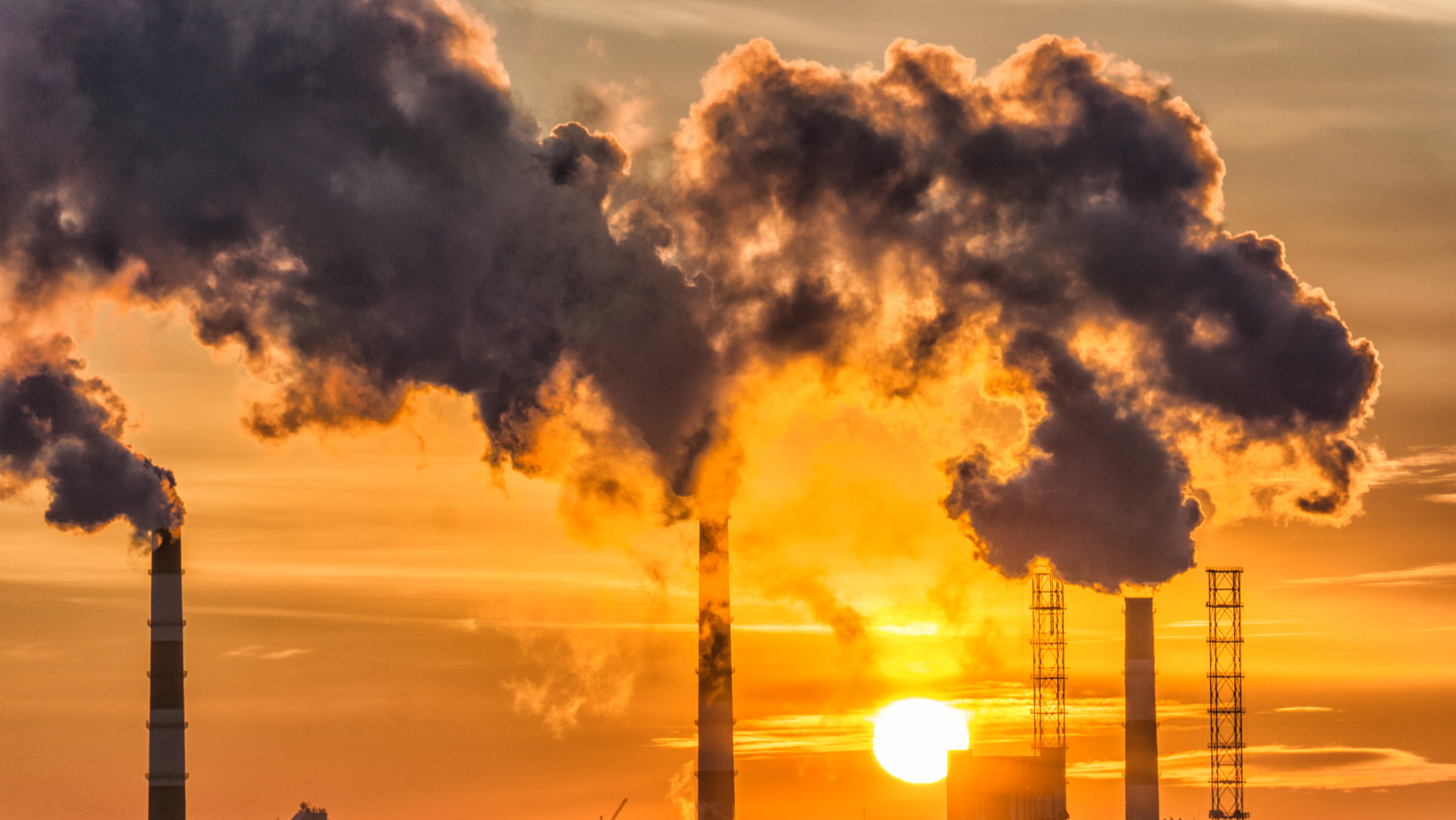- 11.12.2023
- Ecological justice
- Array
The Asian Infrastructure Investment Bank (AIIB) approved an updated version of its first Energy Sector Strategy (ESS) in November 2022. The first iteration, approved in mid-2017, lacked restrictions on fossil fuel investments, even failing to rule out coal, and provided little impetus for borrowers to shift towards renewable energy. As the AIIB announced its intention to review the strategy, it had invested almost double the amount in fossil fuels as it had in renewable energy.
A new report by Recourse, BRICS Feminist Watch, Latinoamérica Sustentable, APMDD and CLEAN reviews the 2022 ESS and its implementation in its first year. The report, Smoke and Mirrors? An analysis of the Asian Infrastructure Investment Bank’s updated Energy Sector Strategy one year on, asks questions about how the ESS has changed since its first iterations, focusing on a select number of areas, including language on fossil fuels versus renewable energy and rights-based issues, such as energy access and gender equality, in line with the Sustainable Development Goals (SDGs). It analyses if and how the AIIB’s energy sector portfolio is changing as a result.
The updated ESS brought some positive news. Significantly, the ESS excludes most forms of investments in coal and introduces restrictions for gas and oil financing. There is also increased focus on renewable energy solutions, as well as a commitment to scaling up climate adaptation finance. Other important developments include more explicit focus on rights-based aspects, such as energy access and attention to so-called ‘last mile users’, recognition of a ‘just energy transition’, and some additional language on gender.
But despite these promising signs, the 2022 ESS fails to deliver the ambition required by the SDGs and the Paris Agreement’s goal to limit global warming to 1.5 degrees Celsius above pre-industrial levels. Importantly, it is clear from the ESS that the AIIB has no intention to fully exclude financing for fossil fuels. For example, while restrictions on fossil gas have been introduced, these are full of loopholes. The first project approved after the ESS came into effect was a greenfield gas power plant. The ESS also lacks clear commitments, including insufficient targets and indicators to drive change in key areas, such as energy access and gender equality. This means that the somewhat improved language risks being no more than window dressing.
The report calls on the AIIB to implement changes in policy and practice, including a revision of the ESS and its Results Management Framework, to fully align with the Paris Agreement and the SDGs, by committing to:
- Phase out all direct and indirect support for fossil fuels
- Support a just transition towards sustainable renewable energy
- Exclude support for false and costly ‘solutions’
- Include ambitious targets for gender equality and energy access for all
- Close loopholes through financial intermediaries
Read the full report and recommendations here.
